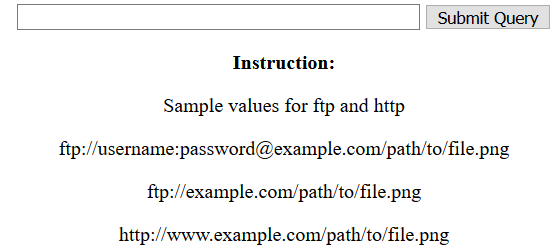This might be a very common question but i searched lot and finally decided to get some expert advice.
I was wondering if someone have uploaded file directly from URL to cPanel file manager. I can upload file from my computer using upload tab in file manager but not able to find any option for extracting data from URL.
I have tried several forums, Q/A websites but got nothing. I will really appreciate if someone can brought this question on to expert's attention.
I have looked
http://forums.cpanel.net/f145/filemanager-upload-url-215911.html
http://forums.cpanel.net/f5/upload-via-url-305691.html
and my other places but found nothing but the question.

